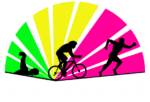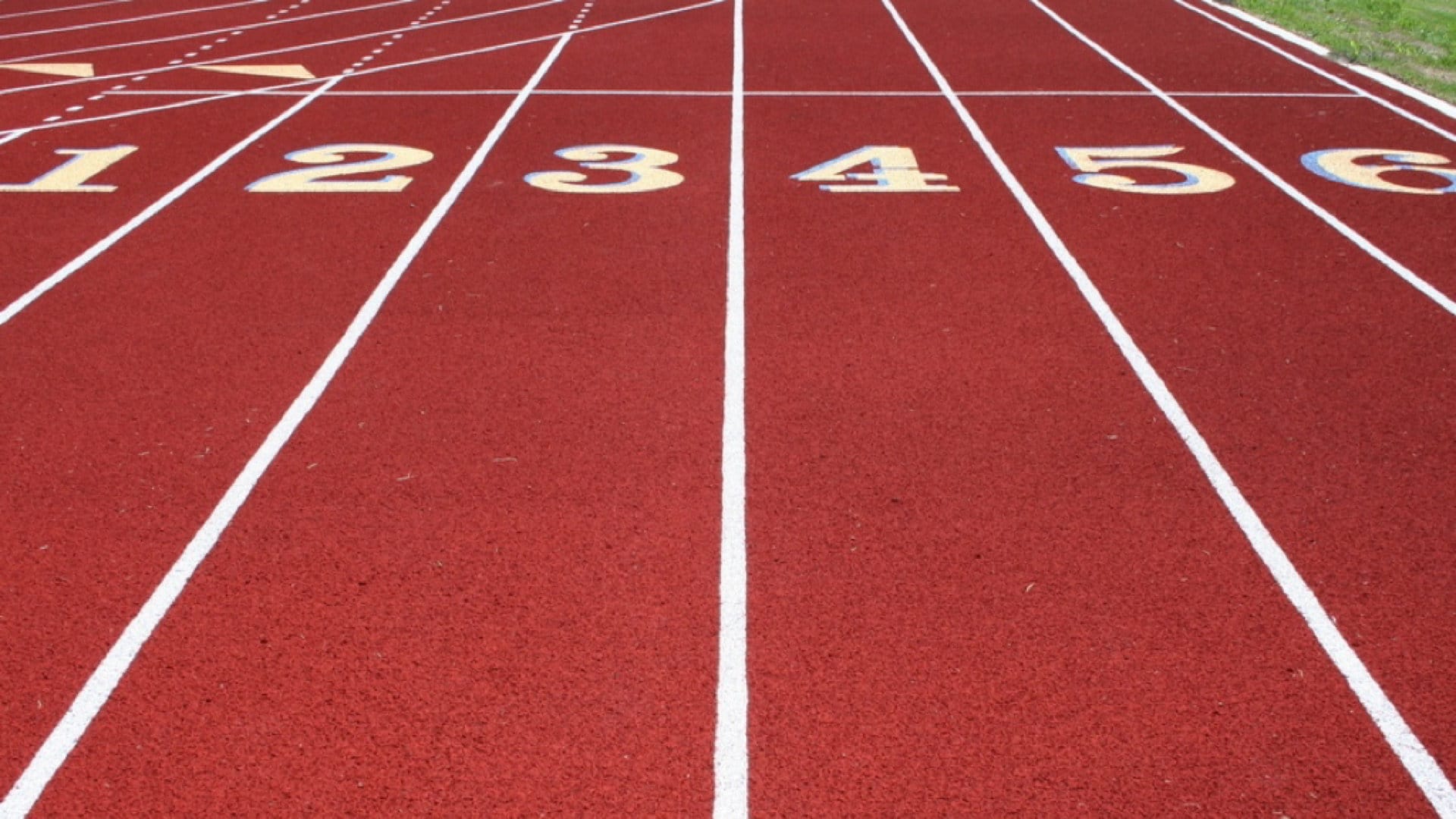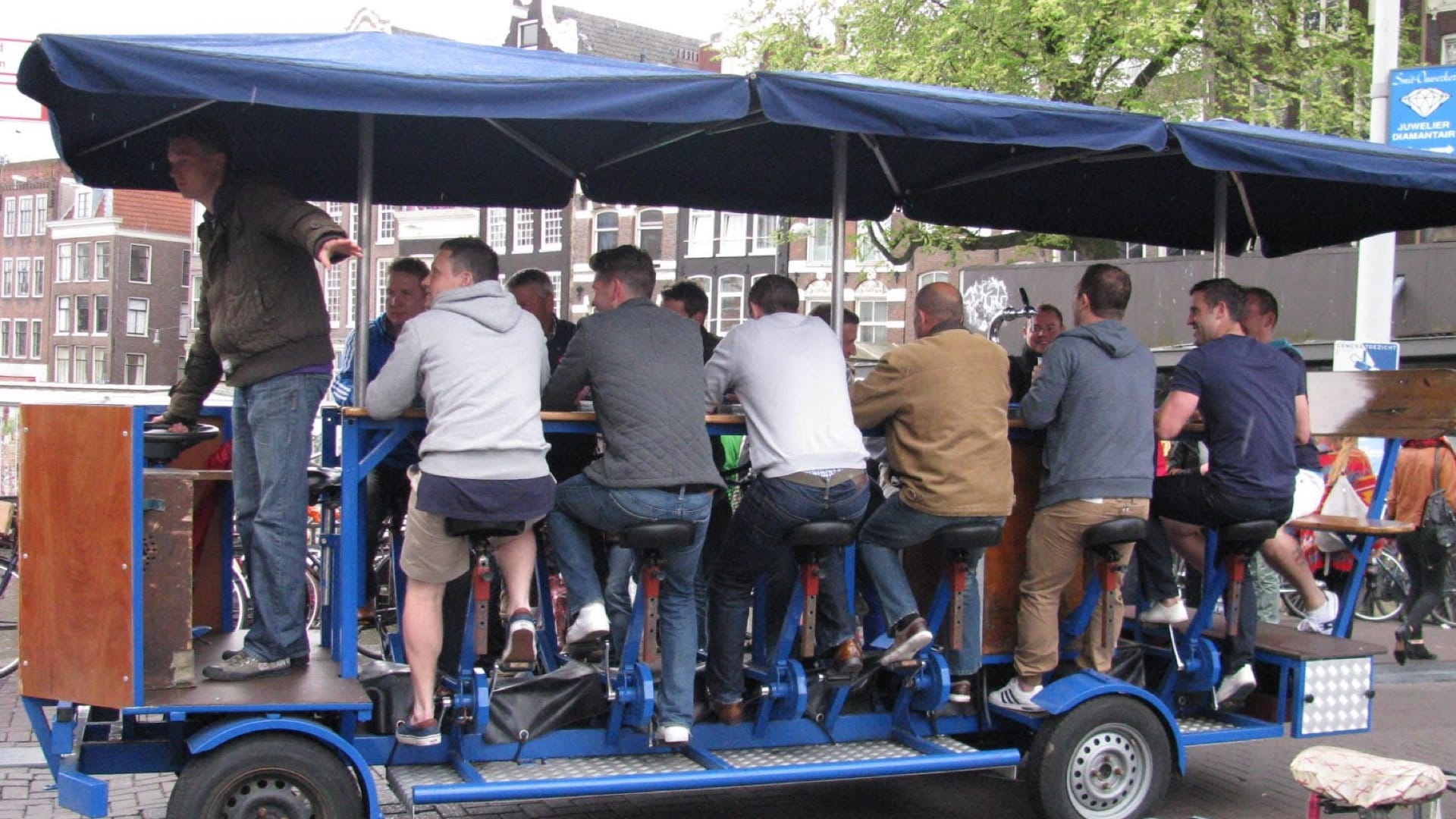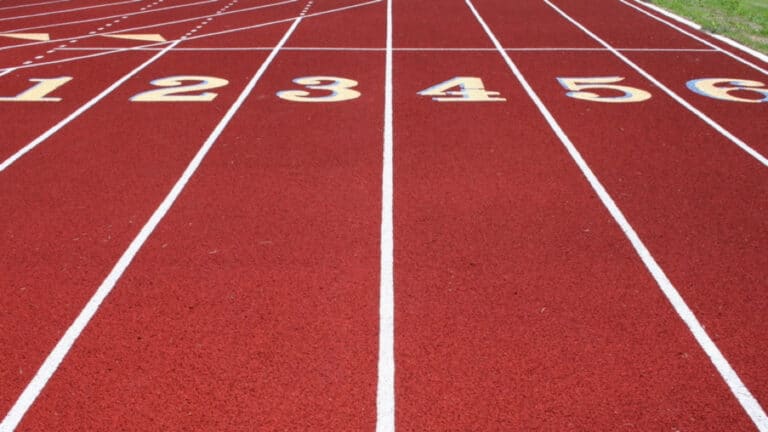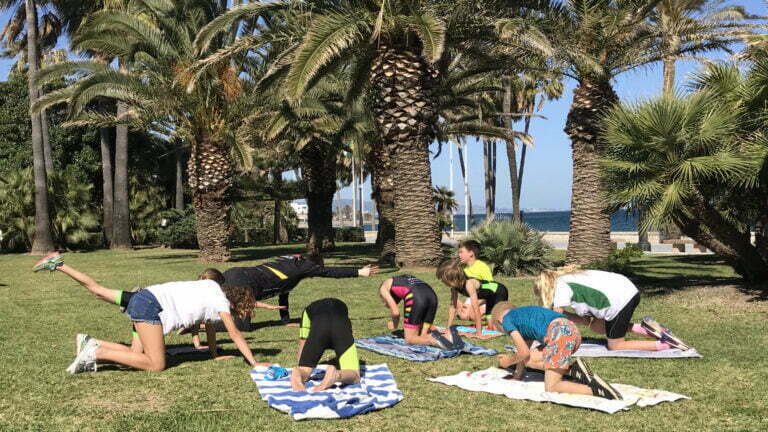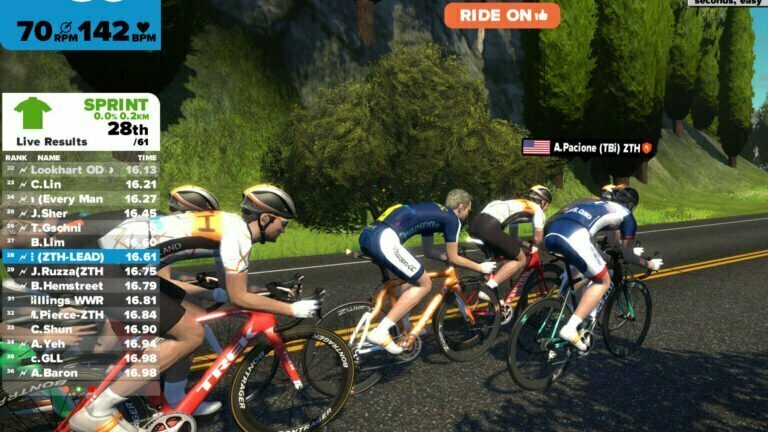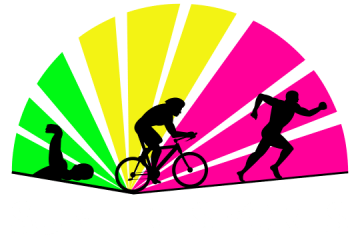Should we always focus on speed?
There are probably as many reasons why people start running or doing triathlon as there are people. They have in common that sooner or later they want to see results, whether it is just getting fit, finish their first race or set a new personal best.
Just finishing a race is actually quite obtainable, even when you never have done the distance or race. It is obvious that an olympic triathlon distance demands good stamina but seldomly people quit this race because it was too long. In fact, even the rate of DNF in the Ironman is normally lower than 10%. Perhaps the reason is that people who do long distance races, certainly on the Ironman distance, are normally well prepared for their race. Well prepared or not, after finishing a race, the question often is “what´s next?”. Interestingly, when you ask a finisher -after he or she has overcome the first “never-ever-again” thoughts-, the “what’s next question”, the answer is often: “sure, I will do it again, but next time, I want to go faster”. But one could wonder why? A day before the race, all this person wanted was to just reach the finish line and 24 hours later the goal has already been adjusted; Faster!
We all want to get faster. However, on average, our physical capacities decrease after the age of 35 and performance normally degrades. Still, most athletes only talk about how they can get faster. Getting older and wanting to get faster? Isn’t that contradictory? It seems it is indeed all about speed.
However, as age-grouper, perhaps we should measure improvements differently and take another perspective on improving our fitness levels. We could more objectively relate our own results to somebody else, of a different age or even different sex. Say you are 35 year old male and run a 1:40 half marathon. How does that compare to your 45-year old female colleague that runs just under 2h on the half marathon? Surely, you are fitter?
How can you compare such times and draw conclusions about fitness levels? Since a while we have registrations on world records also for Masters and research has given us quit clear ideas about the value of a certain performance at a certain age compared to a performance by somebody in other age group and/or of different sex. It turns out that your female colleague is actually fitter than you. Make some race result comparisons yourself!
So, maybe it is not only about speed, after all. There are much better ways to get motivated to perform better and to avoid getting frustrated because you did not reach this sub-x-time or could beat your PB from 10 years ago. Compare with your age and your sex first. If you run a marathon you could check what is the world record in your age group. How much does your time differ from the WR in percentage? This number is reflecting your performance much better than just time. You might even find that your performance, though slower, is your best ever!
Isn’t that much more motivating?
Find those more realistic goals and enjoy those small gains. It is unlikely that you suddenly improve your finish time by an hour in an Ironman when you have had similar results year after year. There are no short cuts in endurance sports but you can train smarter and more effectively. For some ideas read our post about how to train more efficiently. With renewed goals and motivation you will be astonished how much you can develop after a year or two. Even as a “slow” age grouper. Good luck with your training!
– Guest coach Bernhard Hirschauer
